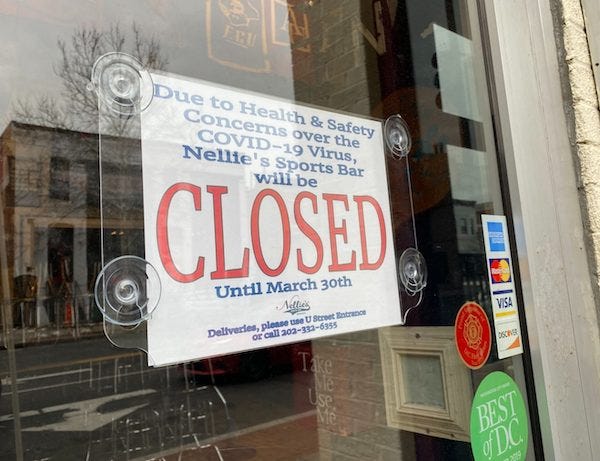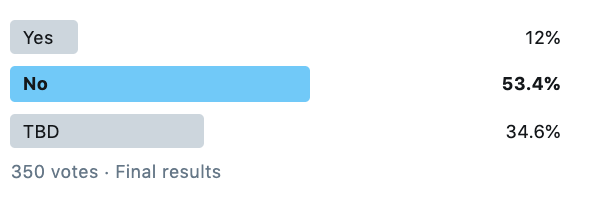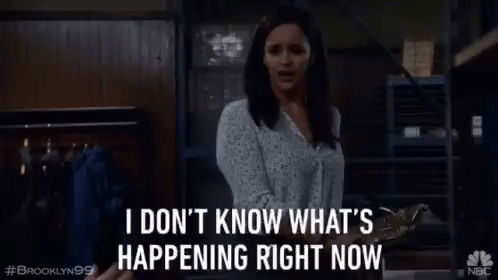How to help workers hurt by COVID-19
Social distancing, but coming together
As the COVID-19 epidemic rips through the United States, it’s also serving as a black light of sorts, exposing all the stains left by our “trickle-down” economy and the desperation always creeping up on so many of us. And whereas emergencies like the Wall Street collapse of 2008 could be superficially solved by giving banks and hedge funds hundreds of billions of dollars, thereby satisfying their CEOs and investors and allowing people to crawl back to work, this pandemic is stopping the entire global economy in its tracks.
My focus is on the “gig” economy, which truly epitomizes modern capitalism. So many of us were told that working as uncommitted contractors would provide us the freedom to shape our own lives and determine our own futures. Sure, there’d be no paid sick leave, no healthcare coverage, and no real guarantee of future work, but that’s freedom, baby!

Inevitably, this new economy has put a generation of bright young people on an exhausting hamster wheel of fighting for every single gig, unable to save or look more than a few weeks ahead. It’s the same with folks in low-paying jobs like retail and nursing home assistants, which are always viewed as the most expendable, and even many professionals who have been running their own tiny businesses. Life is already precarious for so many millions of people, and when those jobs dry up and the social safety net proves to be largely useless (freelancers can’t even get unemployment benefits!), it is nothing short of a disaster.
I did a little survey this week, to illustrate the point:
The results were depressing, if not surprising:

A lot of respondents tweeted at me with details about their jobs, with freelance writers, restaurant servers, gig economy workers, and contractors all sharing similar stories. Here’s just a sampling:
These anecdotes are representative of an increasingly devastating trend. Yesterday, Unite Here, the top union for hospitality workers estimated that 80-90% of its 300,000 members would lose their jobs during this long pandemic. Danny Meyer’s Union Square Hospitality cut a whopping 2,000 employees yesterday. Some larger chains have “graciously” provided two weeks of paid leave for their long-time employees, but others — especially those with subcontracted staff — have left them shit out of luck.
Sadly, that’s almost preferable to how many companies are treating janitorial staff right now. Always underpaid and under-appreciated, janitorial workers are now on the front lines of the national war on germs, and in some cases, are having their lives put on the line by employers who aren’t even bothering to inform them of the risks they’re taking.
I also spoke with a number of people who work out in Hollywood, where production has ground to a halt. The entertainment industry is actually a great microcosm for what’s happening. Red carpet events and magazine photo spreads featuring massive mansions and unfathomably expensive jewelry give the impression that the entertainment industry is a hotbed of enormous wealth… and it is, but only for a small percentage of people at the top.
Like the rest of the country, Hollywood has enormous wealth disparity, and its structural instability makes it even more vulnerable to disasters like this one. It’s an industry built on freelance gigs and nomadic contractors hustling from project to project; if you’re high up in the production food chain, you might stay in a job for six months or more, but if you’re less experienced or working in an industry adjacent to production, you might be hustling for a new gig every other day.
Yesterday, The Hollywood Reporter relayed that over 120,000 industry jobs have been lost already, and so many of those mid-level and day workers are living on dwindling savings. Some top creatives there recognize this and are trying to mitigate some of the damage, but some individual contributions can’t come close to repairing the damage of decades of inequality and economic dysfunction.
THR’s huge number also doesn’t include all the people working in positions on projects adjacent to big productions. Earlier this week, I spoke with one production designer who works on touring events and conventions (including the now-canceled RuPaul’s DragCon) and was out $32,000 in total because freelance contracts did not guarantee payment in event of cancellation.
This isn’t limited to just showbiz; it’s the event industry as a whole that is tanking. Just think of all the weddings that have to be pushed back over the next few months, the beginning of wedding season. The losses faced by photographers, videographers, bakeries, calligraphers, and other artisans who make their living in the industry are unfathomable.
Businesses will never step up; Wall Street is already trying to squeeze as much profit out of the need for certain healthcare devices. And whatever small modicum of cash the federal government ultimately decides to toss at people will not begin to approach just how much we’re all losing. So it’s on us to help one another out. Instead of raising money for politicians today, I’m raising money for workers.
I’ve launched a GoFundMe campaign that will send donations to several fundraisers and non-profits that are helping workers in the service and hospitality industry, production positions, and other low-wage fields. I’m collecting the donations to make it easier to donate to all of them at once (and so I can verify each charity), but if you want to donate right to them, you can find them below:
- Emergency Coronavirus Workers Support Fund
- Restaurant Workers Community Foundation
- Relief Fund for Hollywood Support Staff
- The Robin Hood Fund
I will be adding more to the list. If you donate through our page (and don’t worry, I get no cut of any of the money), you can tell me if you want to direct your cash to any specific charity and I’ll make sure that happens.
Money is tight for everyone, so don’t feel bad if you can’t donate. But every dollar counts, and if you have any to spare, it sure would be helpful to people right now.
Stay healthy!



